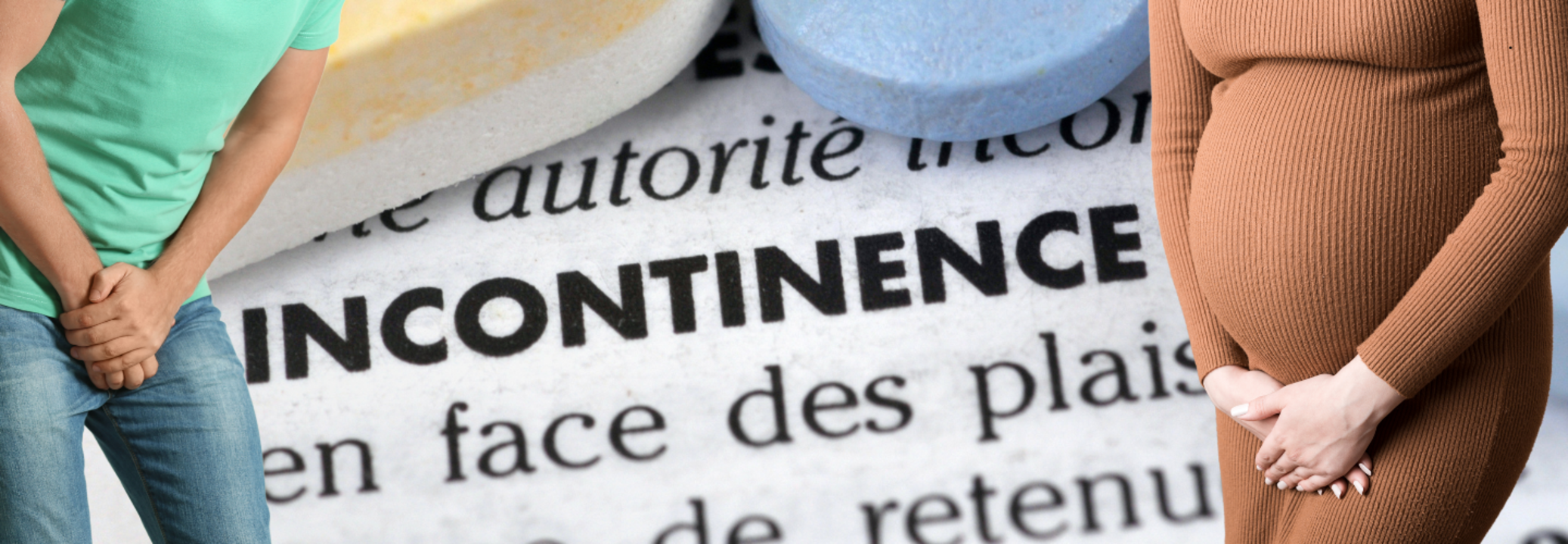Why Is World Continence Week Important To Observe?

Credits: Canva
SummaryThe World Continence Week breaks down the stigma surrounding continence problems, encourage open conversations, and provide resources for those affected. To know more, continue to read.
End of Article
